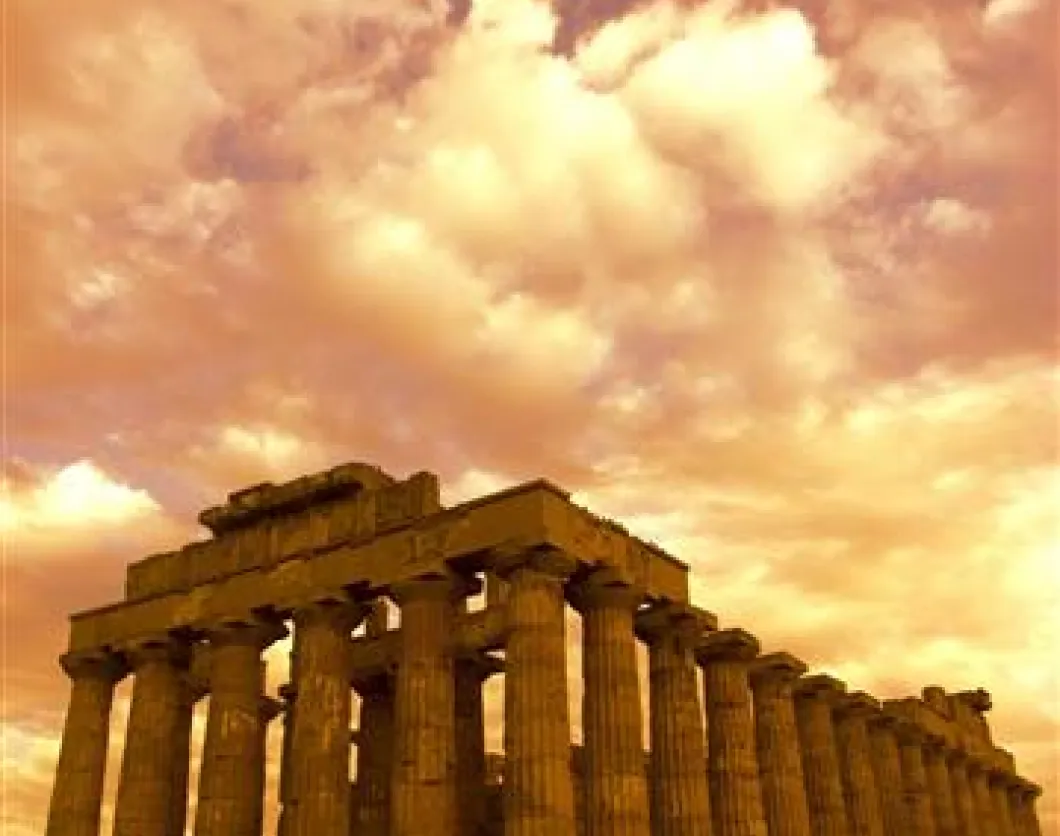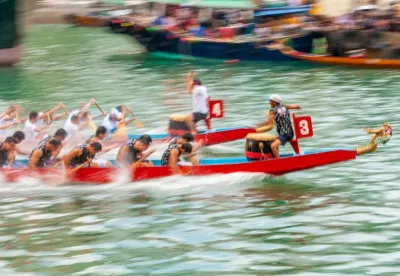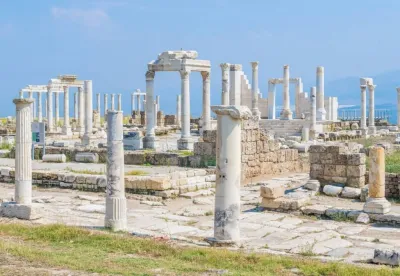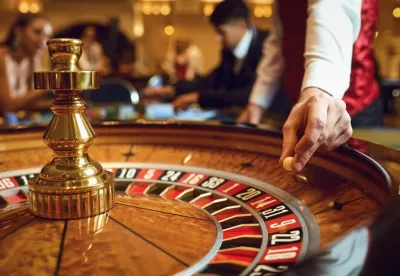“The only thing I miss about the US is uninterrupted electric current,” says Ali, a 20 year old Lebanese-American English Literature student spending his summer break in Lebanon. “My mother, on the other hand,” he chuckles, shaking his head, “can’t wait to get back.”
In one sense Lebanon isn’t a conventional destination for many tourists. Notorious for its political violence and instability, Lebanon has gained, over the years, the reputation of being a fragile country. If that isn’t enough to repel tourists, then the poor public transportation system, the few free public beaches, the severely congested roads with inadequate traffic signs, the power cuts and water shortages are sure to do so.
However, the latest figures have shown that these negative factors don’t seem to be deterring the influx of tourists to Lebanon. There must be strong positive aspects, or else why would people visit a country that can, too often, be a hassle to deal with?
Surely, a diverse cultural heritage and imposing ruins, alongside the natural splendor of its shoreline-to-mountaintop layout represent a handful of offerings for those who vacation here. But the country’s poor infrastructure and steep expenses are a leading drawback for tourism in Lebanon, very often clashing strongly with the visitors’ stay, thus making it a not-so tourist-friendly country.
The tourists who come to Lebanon can generally be grouped into three categories: Arabs [mainly from the Gulf, but also Jordan, Syria and Egypt], Westerners, and members of the Lebanese diaspora, coming back to check up on their families or property in their homeland. The various negative and positive factors of Lebanese tourism ricochet in different ways off these categories.
For Gulf Arabs, the prospect of a cooler climate is a constant draw. “I love coming here, the weather is very nice compared to the heat back home,” as Nora, an 18-year old Saudi Arabian visiting the country, puts it succinctly. Needless to say, however, the pleasant climate isn’t the only reason Arabs have been coming in great numbers to the country.
Lebanon is by far the most broadminded and liberal in the region, which surely attracts people from numerous less forward-thinking Middle Eastern countries. Lebanon becomes a sort of haven to those who feel restrained by the limitations of their homelands, be it for legal, social or religious reasons. Alcohol is more readily available, and the nightlife is constantly booming, meaning that Lebanon is the answer for many.
This category of tourists is not immune to power cuts and possible water shortages. But many Arabs who come to Lebanon on vacation have the resources for a generator and the majority of problems can be solved with cash or a credit card.
The conclusion is rather harsh: the more money you have, the more comfortable your stay will be. But the financial cushion supposedly enjoyed by Gulf tourists, for example, has its limits, as 2009 proved.
Not everyone has the patience to deal with power cuts and water shortages. Nora’s family cut their vacation short because of over seven consecutive hours of power cuts in Aley, much of the food in the fridge went bad.
“The prices of the food are increasing, and the groceries are always going to waste. We were supposed to stay for a month, but we’re leaving two weeks early now because of this electricity problem,” says Nora’s mother. Throngs of visitors who have their own homes in the Aley-Bhamdoun-Sofar region reportedly cut their stays short due to the water and electricity problems, and added expenses.
Young Westerners, on the other hand, come chiefly to enjoy the summer heat and party their nights away in Beirut’s famed clubs. Europeans seem particularly keen for a taste of something fresh and original, and non-Arab tourists might be less concerned by the poor electricity situation, not finding it to be an intolerable burden. “Power cuts are not really a problem, I got used to them very quickly,” says Rachel, a 23-year-old student of Middle Eastern art in the UK.
In 2008, the tourist arrivals reached 1.4 million, which was 31 per cent more than in 2007. The Lebanese Ministry of Tourism predicts 1,700,000 tourists coming to the country by the end of 2009.








